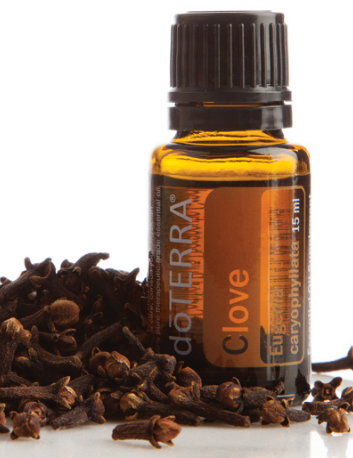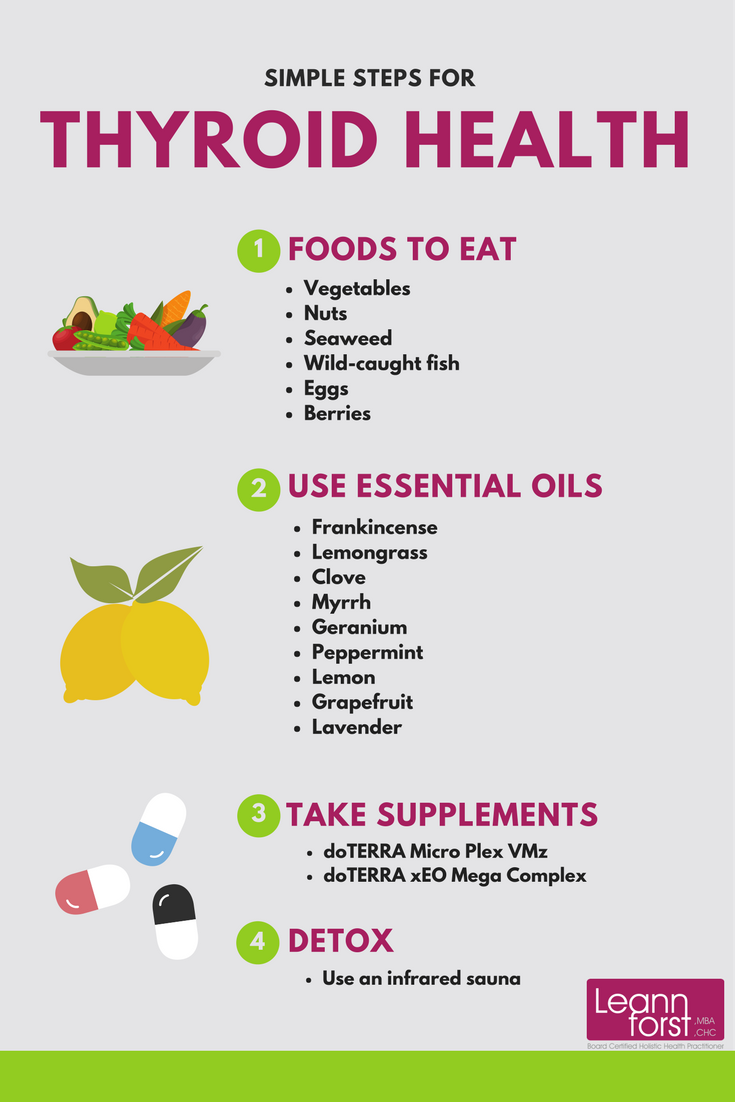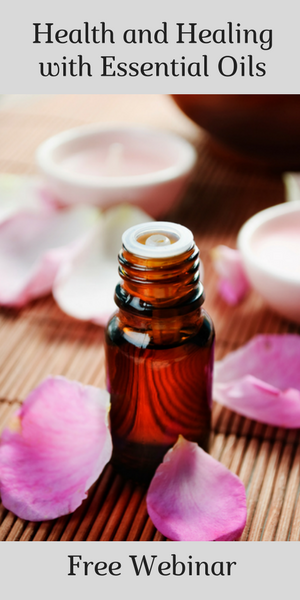How to Relieve Symptoms of Thyroid Disease Naturally
According to the American Thyroid Association, “more than 12% of the U.S. population will develop a thyroid condition during their lifetime”. And out of the estimated 20 million Americans that are suffering from thyroid dysfunction, up to 60% of them are unaware that it’s thyroid related.
First things first, what is the thyroid and what does it do? The thyroid is a gland that releases hormones that control your body’s nervous system, metabolism, body temperature, breathing and more. So yeah, kind of a big deal.
Thyroid Health
The two main conditions that affect your thyroid are hyperthyroidism and hypothyroidism.
Hyperthyroidism – when you thyroid is overactive and creates an excess of thyroid hormones. Hyperthyroidism is often caused by Grave’s Disease. Symptoms include:
- Fatigue
- Muscle weakness
- Heart palpitations
- Skin dryness
- Insomnia
- Weight loss
- Anxiety
- IBS (irritable bowel syndrome)
Hypothyroidism – when you body does not produce enough thyroid hormone mainly because of thyroid inflammation. Hypothyroidism is frequently misdiagnosed, and associated with a slow metabolism and weight issues. Symptoms include:
- Fatigue
- Weight gain (with difficulty losing weight)
- Hair loss
- Cold intolerance
- Muscle cramps
- Constipation
- Memory loss
- Dry hair and skin
- Depression
- Changes in menstrual cycle
Thyroid Testing
TSH is the thyroid-stimulating hormone released by the pituitary gland. A doctor will test the levels of TSH when looking to diagnose either hyperthyroidism or hypothyroidism. The issue with only testing for TSH is that it does not provide a complete picture of your thyroid health.
Other things your health practitioner should take into account are further lab tests (for free T4, free T3, reverse T3, thyroid peroxidase antibodies, and thyroglobulin antibodies), your symptoms, diet, medical and family history.
If you think you may have a thyroid issue, click here to sign up for a basic health consultation.
Toxins & Your Thyroid
Like most things in your body, your thyroid and thyroid hormones are greatly affected by toxins. Toxins are defined as poisons that cause disease when present in the body. Toxins that impact the thyroid include:
- Perchlorates – a salt that has been found in many water supplies (even though it’s classified as a toxin).
- PCBs – stands for polychlorinated biphenyl, found in contaminated fish.
- Dioxins – found in plants, water and air that are produced by commercial and industrial waste.
- Pesticides – not only used to keep bugs away, they are also found in treated wood and some pool chemicals, and even in drinking water.
- Flame retardants – used to reduce flammability in things like furniture, building materials, and even baby products
- Plastics – many contain BPA and other toxic chemicals.
- Heavy metals – metals like lead, mercury, aluminum, and cadmium are toxic at high levels.
- PFOAs – a potentially toxic chemical that’s found in the coating for nonstick pans such as Teflon.
- Halogens – group consisting of five chemical elements: fluorine, chlorine, bromine, iodine and astatine.
- Antibacterial products – many ingredients added to soaps and gels to make them antibacterial pose safety concerns.
Toxins are also responsible for leaky gut syndrome, which is another major strain on your immune system. Leaky gut can cause allergies, fatigue, joint pain, autoimmune conditions, and thyroid disease.
Foods for Thyroid Health
My favorite quote from Hippocrates is “all diseases begin in the gut”. As far as your thyroid health, there are foods to include in your diet and foods you should avoid to maintain or recover your thyroid health.
What to eat:
- Vegetables – they are simply good for your overall health and a healthy thyroid. If you’re worried about the glucosinolates in some veggies, lightly steam them and you’ll release the enzymes related to them.
- Nuts – especially Brazil nuts, macadamia nuts and hazelnuts because they contain high levels of selenium, which helps thyroid function.
- Seaweed – a great source of iodine and selenium, which the thyroid needs to produce hormones.
- Wild-caught fish – a delicious way to get iodine, omega-3 fatty acids and protein. Just steer clear of fish that contain mercury.
- Eggs – they provide “thyroid-supporting building blocks like protein, cholesterol, B vitamins, fat-soluble vitamins, and minerals“.
- Berries – they are low-glycemic and packed with vitamin C, fiber and other antioxidants. This is necessary because people with hypothyroidism tend to have high levels of free radicals.
- Coconut oil – because it is a saturated fat, coconut oil is helpful for increasing metabolism.
- Probiotic-rich foods (goat’s milk yogurt, sauerkraut, kombucha, kefir) – all contain enough iodine to help with hormone production in your thyroid.
What to avoid:
- Gluten – as one of the main causes of leaky gut, gluten can trigger your body to attack your immune system. This leads to autoimmune conditions, including thyroid disease.
- Soy – many don’t realize that soy is genetically modified (a GMO), and it can interfere with thyroid function.
- Processed foods – yes, you should always just stay away from them. But when it comes to your thyroid, they also contain GMOs.
- Dairy – dairy comes from female cows, which contain estrogen, as well as other hormones. Other than the fact that you really don’t need another animals hormones in your body confusing things, it’s been shown that people with thyroid problems benefit from a dairy-free diet.
- Sugar – is known to suppress your immune system and linked to autoimmune conditions.
Essential Oils for Thyroid Health
If you are suffering from either hyperthyroidism or hypothyroidism, try natural remedies before turning to pharmaceutical medication. Essential oils have incredible healing power and can often take the place of prescriptions in your medicine cabinet.
The essential oils and a protocol that I recommend:
 Frankincense – great for relieving symptoms of an under-active thyroid, especially digestive issues. Frankincense also strengthens the immune system, which is important when dealing with any health condition.
Frankincense – great for relieving symptoms of an under-active thyroid, especially digestive issues. Frankincense also strengthens the immune system, which is important when dealing with any health condition.- Lemongrass – especially great for thyroid inflammation.
- Clove – contains powerful antioxidant properties to support every organ in your body.
- Myrrh – a natural remedy for hypothyroidism, it can also help reduce stress.
- Geranium – is known to stimulate the thyroid.
- Peppermint – can help ease brain fog, headaches and fatigue.
- Lemon – supports a healthy metabolism.
- Grapefruit – has been found to improve metabolism.
- Lavender – my go-to essential oil for anxiety and insomnia.
Click here to get your thyroid health essential oil bundle.
For Hyperthyroidism:
Combine 15 drops of myrrh and 15 drops of lemongrass in a 10 ml roller bottle then fill the rest of the way with fractionated coconut oil. Roll on to base of throat and reflex points on the bottom of the feet.
For Hypothyroidism:
Combine 15 drops of either peppermint or clove with 15 drops of lemongrass in a 10 ml roller bottle then fill the rest of the way with fractionated coconut oil. Roll on base of throat and reflex points on the feet.
Detoxing for Thyroid Health
 Did you know that sweating stimulates the thyroid gland secretion and flushes your system of toxins that could be contributing to your thyroid problem? Vigorous exercise, steam baths or saunas can aid in this.
Did you know that sweating stimulates the thyroid gland secretion and flushes your system of toxins that could be contributing to your thyroid problem? Vigorous exercise, steam baths or saunas can aid in this.
Infrared saunas are important for thyroid repair. An average of 23% of your sweat contains toxins when using a sauna. Research shows that toxins, such as heavy metals, BPA (found in plastics), and phthalates are eliminated when you use an infrared sauna.
Click here for the sauna that I use and recommend.
 Supplements and Thyroid Health
Supplements and Thyroid Health
Taking supplements, in addition to a clean diet, are essential for stimulating thyroid hormone production. Also according to Raphael Kellman, MD, a functional medicine physician in New York City and author of “The Microbiome Diet, “vitamins and nutrients can help fight the underlying causes of thyroid disorders, such as autoimmune processes and inflammation, and help improve a dysfunctional thyroid”.
- A High Quality Multi-Vitamin/Multi-Mineral: The one I use is from doTERRA. Their formula “includes a balanced blend of essential antioxidant vitamins A, C, and E, and an energy complex of B vitamins… Microplex VMz also contains chelated minerals including calcium, magnesium, and zinc for optimal bone and metabolic health. Microplex VMz contains the dōTERRA tummy tamer botanical blend of Peppermint, Ginger, and Caraway to calm the stomach for those who may have experienced stomach upset with other vitamin and mineral products.”
 A Comprehensive Omega 3, 6, 9 Supplement: doTERRA’s xEO® Mega fish oil supplement a unique formula of CPTG Certified Pure Therapeutic Grade® essential oils and a proprietary blend of marine- and land-sourced omega fatty acids. This has amazing health benefits, including support for your heart health and immune system.
A Comprehensive Omega 3, 6, 9 Supplement: doTERRA’s xEO® Mega fish oil supplement a unique formula of CPTG Certified Pure Therapeutic Grade® essential oils and a proprietary blend of marine- and land-sourced omega fatty acids. This has amazing health benefits, including support for your heart health and immune system.
Click here to get these therapeutic doTERRA supplements at wholesale cost.
And if you would like to explore more options for your health, check out GrassRoots Functional Medicine. They are dedicated to treating specific symptoms, and they take a more patient-centered approach to helping patients with chronic disease, autoimmune disease and more.
Click here for another great resources for thyroid supplements.
 |
Disclosure: this post contains affiliate links.
 Login
Login









